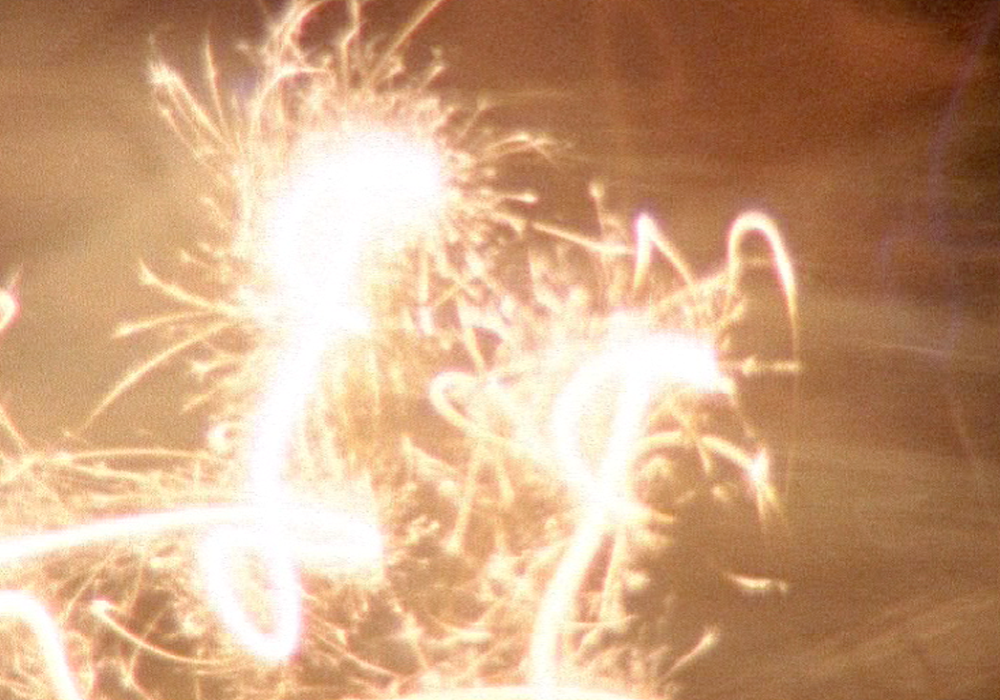
See Noise Hear Light Sunday
Arrington de Dionyso Eye Contact Kiyoharu Kuwayama Maryanne Amacher Matt Hulse Rina Kijima Tetsuya Umeda
Freeform Super 8mm documentation of Sunday at Instal 06 by filmmaker Matt Hulse.
Arika have been creating events since 2001. The Archive is space to share the documentation of our work, over 600 events from the past 20 years. Browse the archive by event, artists and collections, explore using theme pairs, or use the index for a comprehensive overview.

Freeform Super 8mm documentation of Sunday at Instal 06 by filmmaker Matt Hulse.

Life and death dramas unfold in the snowy American North, using three-screen documentary footage and a soundtrack by KYTN favourite, vocalist Daniel Menche.
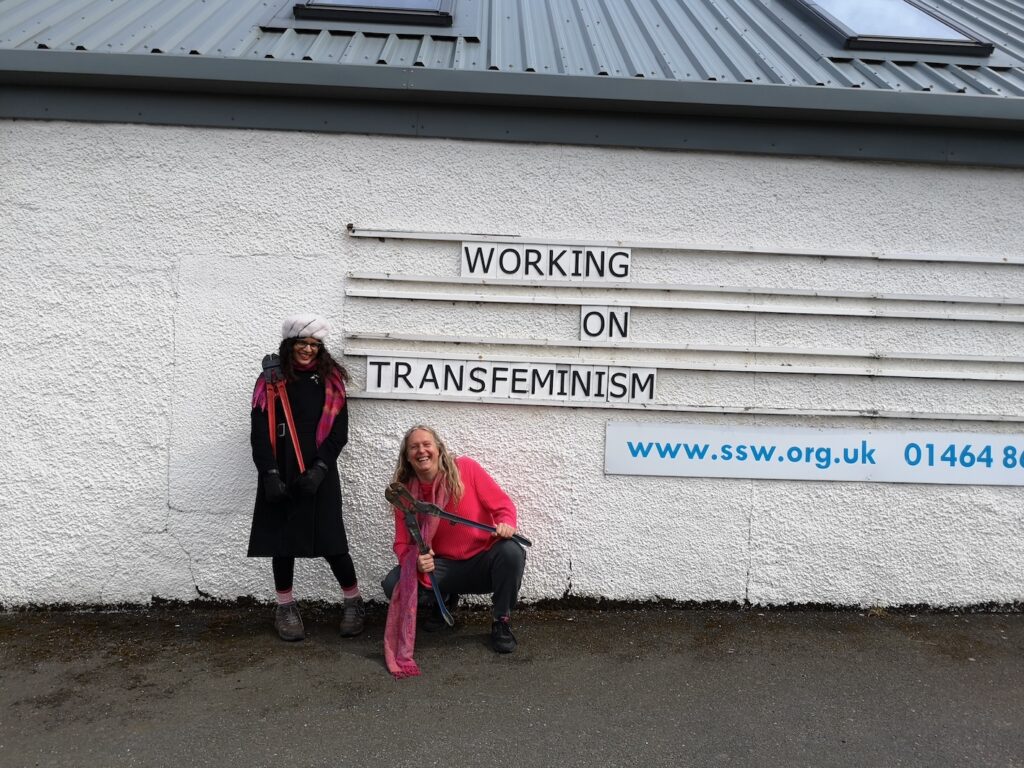
Nat Raha and Mijke van der Drift undertake two intensive writing residencies at Scottish Sculpture Workshop in Lumsden and Hospitalfield in Arbroath.
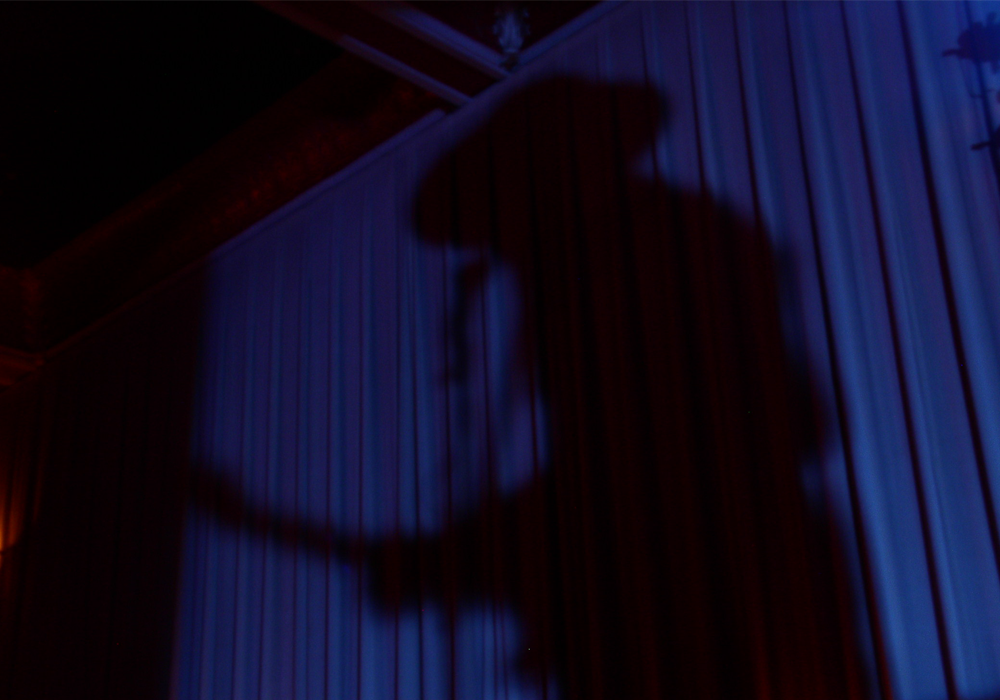
Jandek performing at the Scottish Rite Theatre in Austin, Texas with Juan Garcia, Nick Hennies and Chris Cogburn.

Goofily deformed, deeply thought vocal jams: like the sound of your own breath rushing through your head.

In this workshop we will imagine ourselves as time travellers from a glorious and chaotic neurodivergent-led future.

How do we make the connections between the mutual aid practices of our daily lives and anti-capitalist efforts to dismantle wider systems of exploitation?
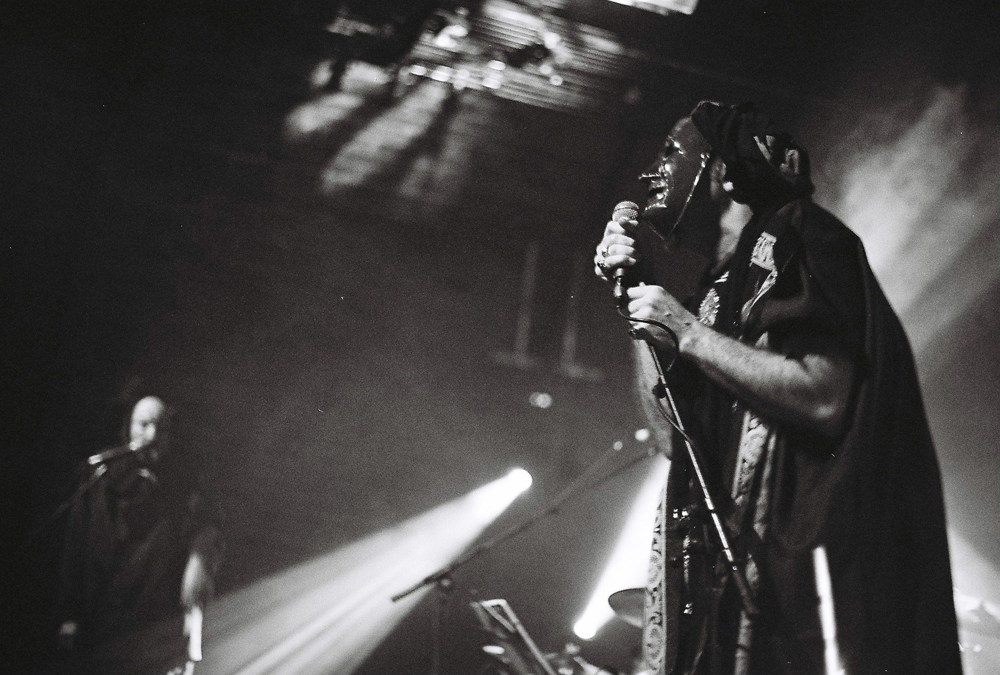
Perhaps the paradigm of America’s covert musical subculture, Sun City Girls operate just over the border of raucous delirium.

Haino exceeds expectation with a 4 hour solo performance on a collection of more than forty instruments from all over the world.
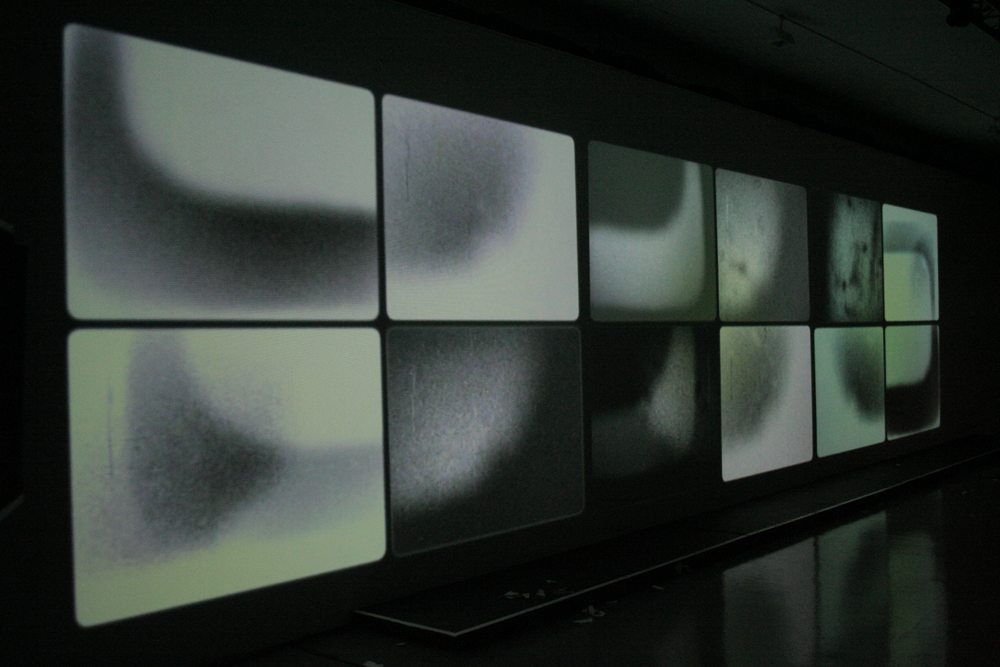
A poetic multi-screen performance about “the inadequacy of the arbitrary passing moment and the impossibility of permanence”. About time and change.
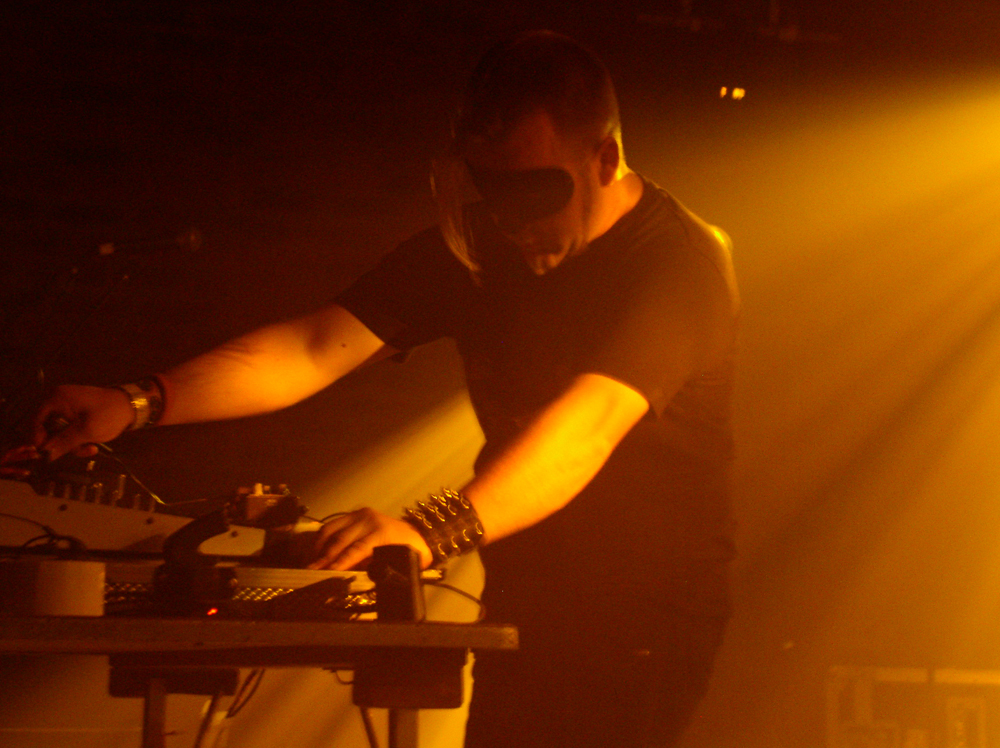
Blissed-out sun-dappled drone ragas of the highest order, with a metal-tinged signature sound of plucked and bowed strings.

A slowed down single tracking shot along a corridor as workers at the Bath Iron Works, (Maine, USA) take their lunch break.